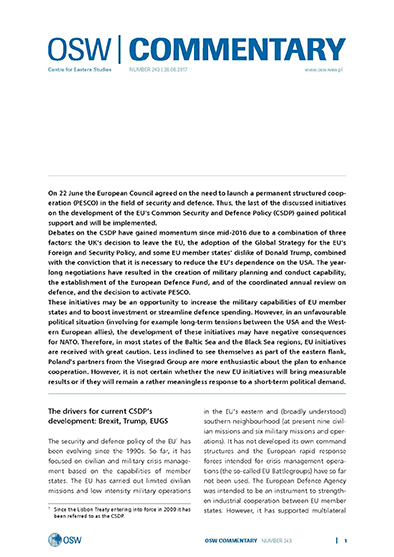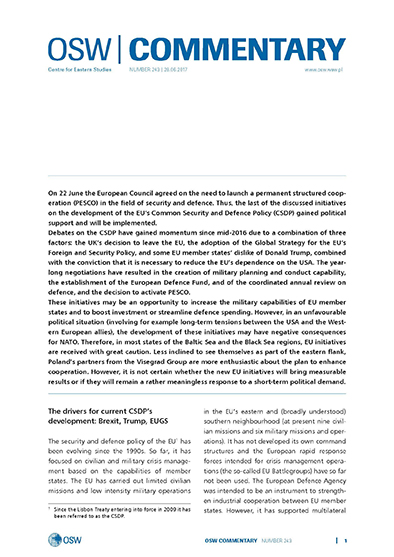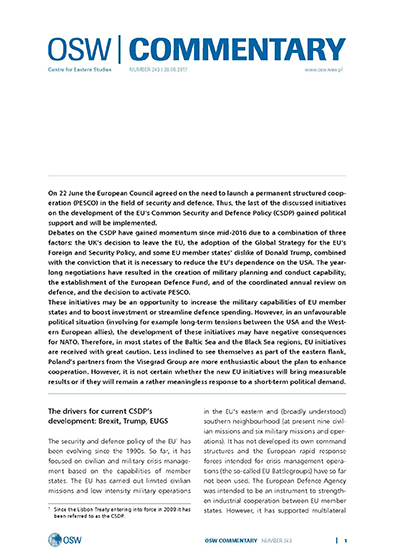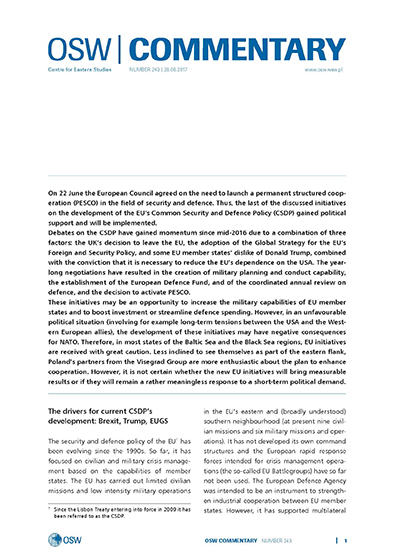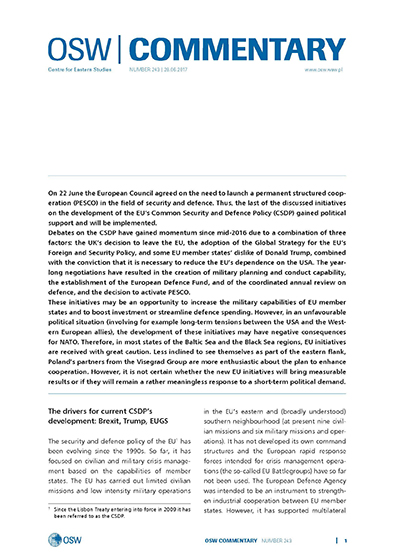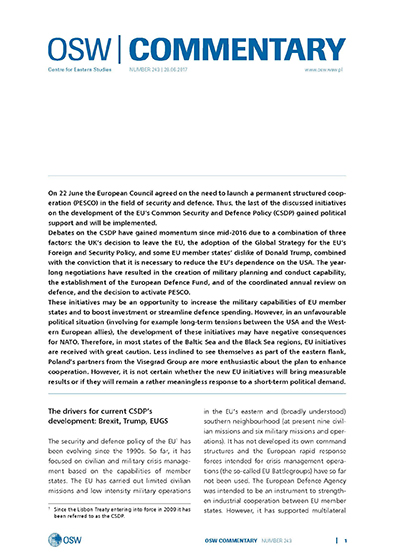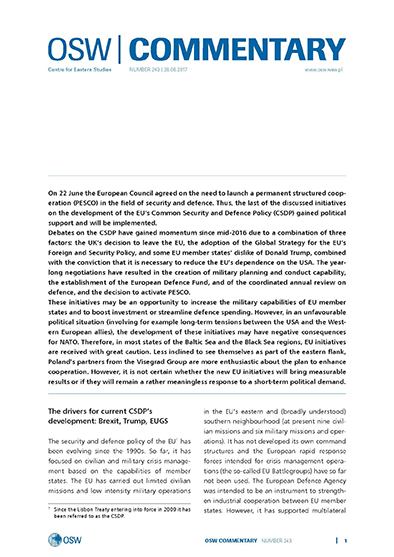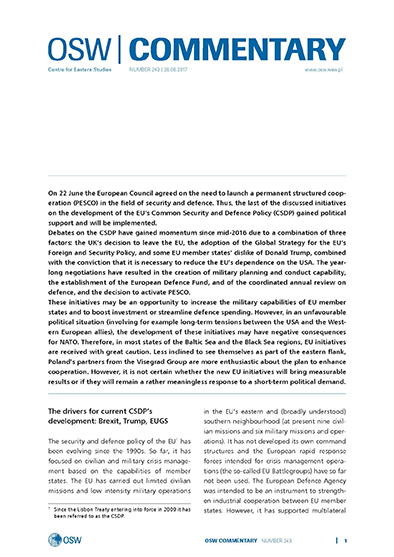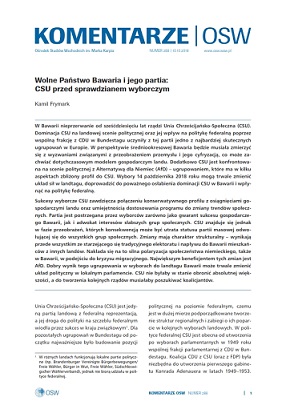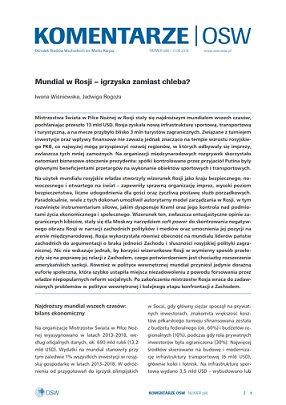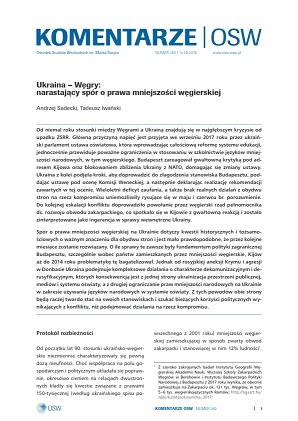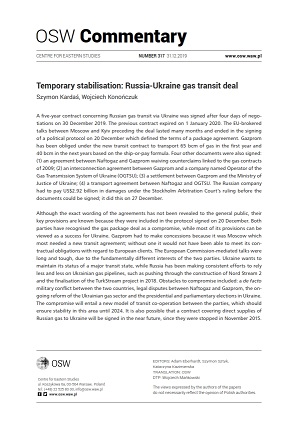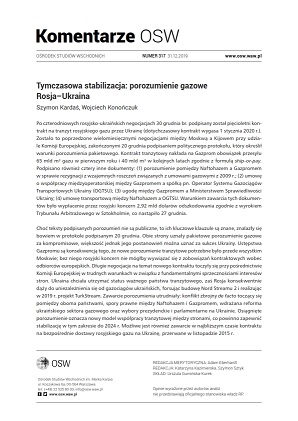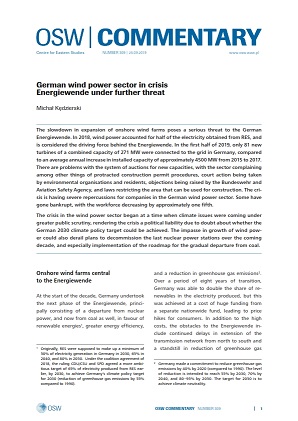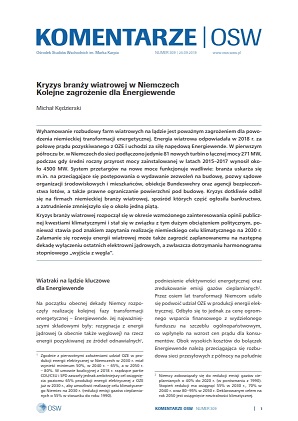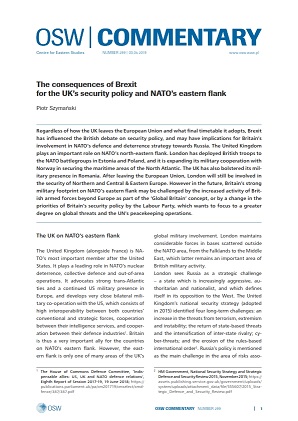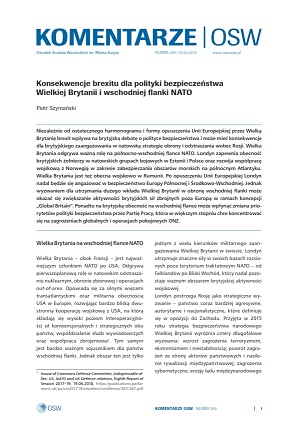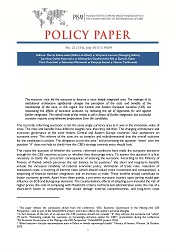
№055: From the Periphery to the Core? Central Europe and the Economic Crisis
As a new test case for the resistance of Central European economies, the Cyprus banking crisis has already renewed speculation that Slovenia could be the next Member State in need of a bail-out. While other states in the region have sounder public finances and banking sectors, each of them continues to be exposed to the on-going instabilities of the eurozone. More than four years into the economic crisis, the time is ripe for reflection on the changes that the region has undergone in this period. Principally, it can be seen that both the similarities and the differences between these economies have been brought to the surface. This, together with the future course of economic governance reform of the European Union, might further deepen intra-regional splitting in the future. Overall, however, Central Europe has a chance to improve its relative economic position in the EU in the mid to long run, as the region has weathered the crisis better than the EU average.
More...
